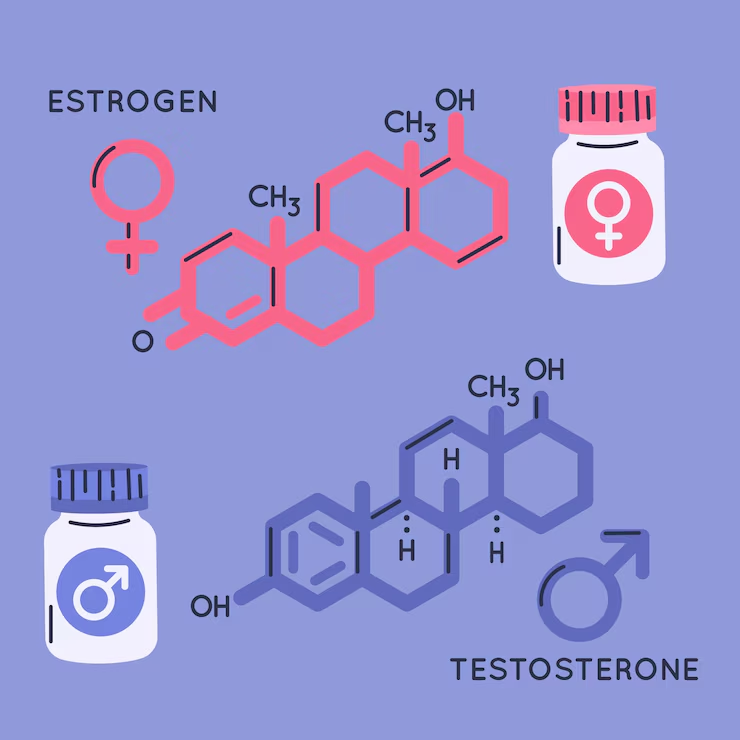Welcome to the Sex Hormones quiz! In this quiz, we will explore the fascinating world of sex hormones and how they play a crucial role in our bodies. From testosterone to estrogen, these hormones control many aspects of our physical and emotional well-being.
Do you know the difference between male and female sex hormones? Can you identify the functions of these hormones in the body? Test your knowledge and learn more about the powerful influence sex hormones have on our health and development. Please take the quiz now and see how much you know about these essential chemicals in our bodies!
Play Sex Hormones Quiz
Instructions
- This quiz is multiple choice.
- Read each question carefully before selecting an answer.
- Choose the best answer for each question.
- You will see the missed questions with correct answers at the end of the quiz.
Quick Facts
- Estrogen and testosterone are two types of chemicals in your body that help control puberty and sexual development.
- Progesterone is another hormone that helps regulate the menstrual cycle and pregnancy.
- Sex hormones are produced in the ovaries in females and the testes in males.
- These hormones play a role in determining physical characteristics like body hair and breast development.
- Imbalances in sex hormones can lead to issues like infertility, mood swings, and low libido.
- During puberty, sex hormones cause changes like growth spurts, voice deepening, and the start of menstruation.
- Sex hormones also play a role in regulating emotions, energy levels, and sleep patterns.
- As we age, sex hormone levels naturally decline, leading to symptoms like hot flashes and decreased muscle mass.
- Some foods, like soy and flaxseed, contain compounds that can mimic or block the effects of sex hormones in the body.
- Doctors can test hormone levels through blood tests and prescribe medications to help balance them if needed.
Downloads
Study Tips
- Create a study schedule and stick to it.
- Find a quiet and comfortable study environment.
- Remove distractions such as phones and social media.
- Take breaks every 25-30 minutes to avoid burnout.
- Use active studying techniques like summarizing, highlighting, and teaching concepts to someone else.
- Practice retrieval by testing yourself with flashcards or practice quizzes.
- Stay organized with notes, study guides, and resources.
- Stay hydrated and eat brain-boosting foods like fruits, nuts, and whole grains.
- Get enough sleep to improve memory retention and cognitive function.
- Reward yourself for reaching study goals to stay motivated.
